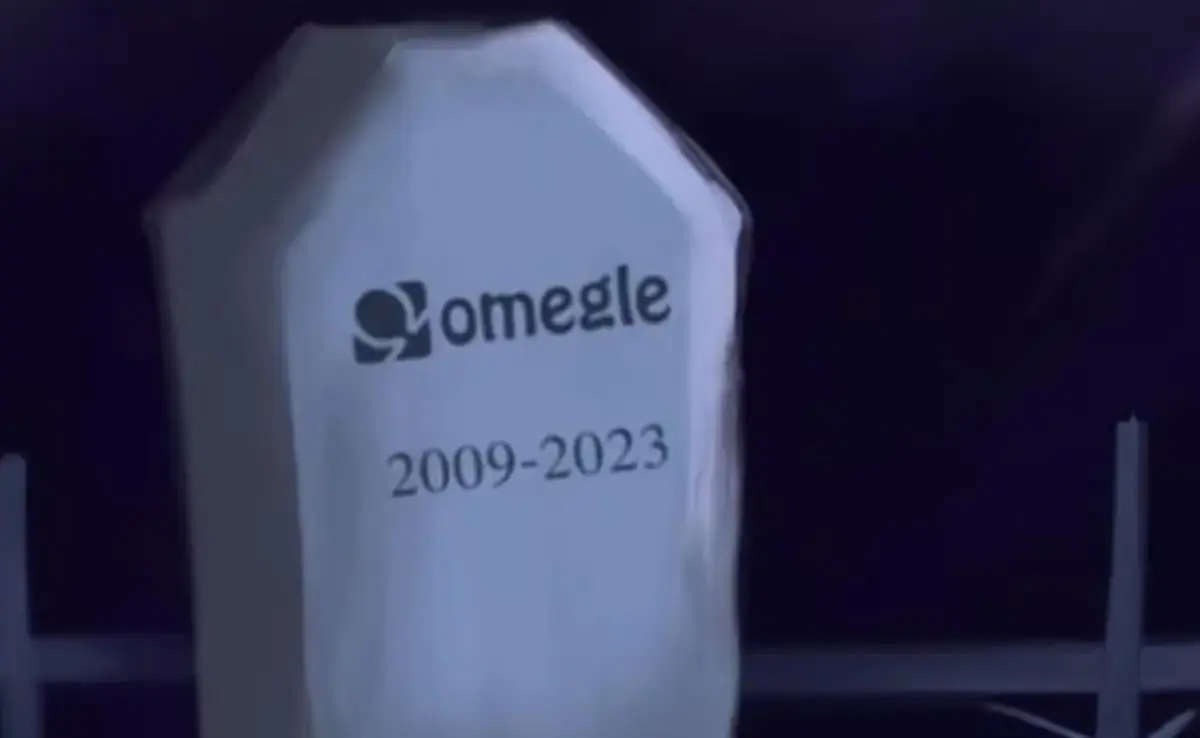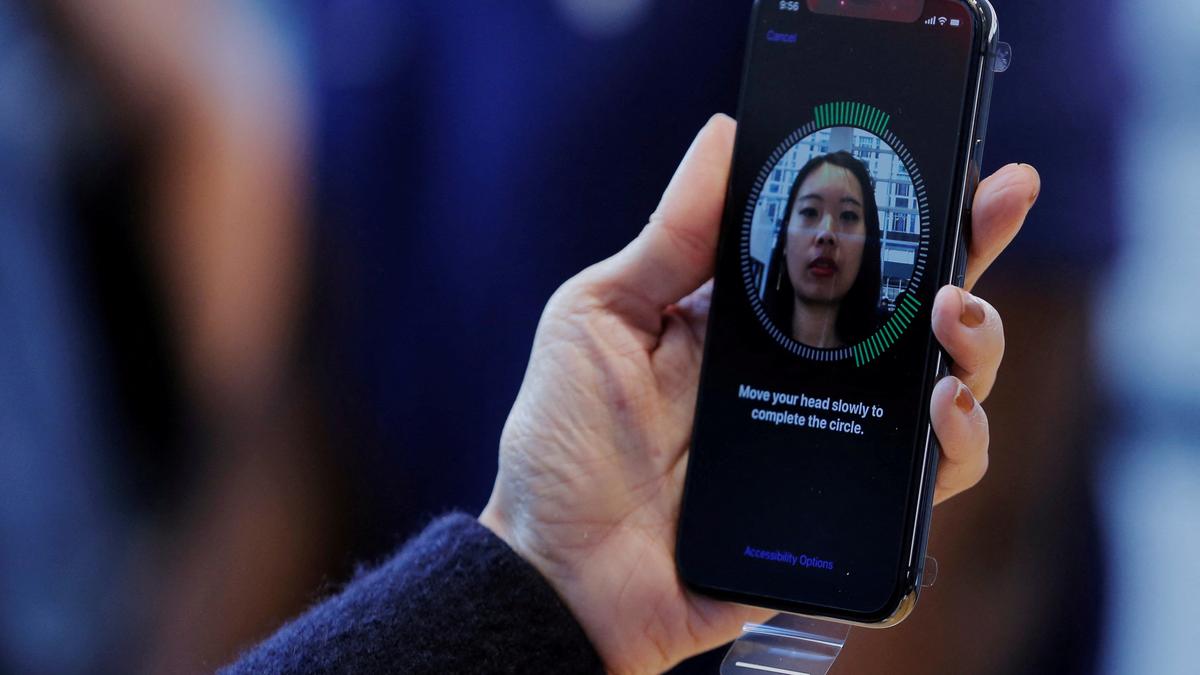Blog Credit: Trupti Thakur
Image Courtesy: Google
Omegle
What is Omegle?
Mr Brooks launched Omegle in 2009 at the age of 18. He described it as “the idea of ‘meeting new people’ distilled down to almost its platonic ideal”, and built on what he saw as “the intrinsic safety benefits of the internet, users were anonymous to each other by default”.
The website had around 73 million visitors a month, according to analysts at website watchers Semrush, mostly from India, the US, the UK, Mexico and Australia.
For some teenagers it was seen as a rite of passage to be matched with a stranger in a live video chat where anything could happen.
Indeed, as news of its closure spread, young people who have grown up with Omegle being a wild part of the internet have been sharing stories and memories of the site on social media.
However, Omegle has also been the subject of controversy, and many are also posting horrible stories of the sorts of sexual and predatory behaviour they experienced on the platform.
In a landmark case a young American is suing the website, accusing it of randomly pairing her with a paedophile.
The account user was a minor when the incident took place and the lawsuit against
Omegle was filed 10 years later in November 2021.
Omegle’s legal team argued in court that the website was not to blame for what happened, and denied that it was a haven for predators.
The case is ongoing.
Omegle’s creator Leif Brooks declines to talk to the BBC
Reclusive owner Mr Brooks and his fans argue that the shutdown of Omegle is a symptom of internet freedoms being taken away and the end of an era.
But in many ways Omegle was a strange relic of a former way the internet worked.
The site itself was glitchy and ugly, with an offensive joke about the Chinese president on its landing page.
Moderation was extremely light-touch at a time when politicians and society are asking for more from internet companies.
For instance, this week, in the UK Ofcom issued its first guidance for tech platforms to comply with the Online Safety Act and the communications regulator singled out online grooming.
Two people with knowledge of the inner workings of Omegle say that there wasn’t any human moderation despite Mr Brooks’ claims.
The entire company was seemingly run solely by him, with no other registered employees.
It was operated from his lakeside house in Florida and when he was asleep or offline, no complaints were acted upon.
Earlier this year, the BBC found that Omegle has been mentioned in dozens of cases against paedophiles in countries including the UK, US and Australia.
Video-sharing platform TikTok banned sharing links to Omegle, after a BBC investigation in 2021 found what appeared to be children exposing themselves to strangers on the website.
Mr Brooks never publicly answered his critics or posted to social media, despite the trend of tech bosses being held to account in parliamentary hearings.
Other sites like it will no doubt rise to fill the void, but the demise of Omegle shows that times have changed since the 18-year-old programmer launched his experimental social platform.
Imagery of young children carrying out sexual acts on camera has risen more than tenfold since the pandemic lockdowns, according to the Internet Watch Foundation (IWF).
In 2022, the IWF logged more than 63,000 webpages showing the material compared to 5,000 before the pandemic.
Cyber reporter Joe Tidy speaks exclusively with child abuse survivor “Alice” and her legal team, as they prepare a case that could have major consequences for social media companies. Then he tracks down Omegle’s elusive creator, Leif Brooks.
Omegle, a website and app that connected random strangers has shut down after it faced a lawsuit charging it with facilitating the sexual abuse of children.
The site was launched 14 years ago to provide a platform for random and spontaneous conversations between people from around the world. It linked users randomly and allowed strangers to interact with each other through text and video without the need for registration. The emphasis on anonymity was supposed to encourage more open and candid conversations among the site’s users, as evidenced by their slogan, “Talk to strangers!”
According to a statement released by founder Leif K-Brooks, the site “was meant to build on the things I loved about the Internet, while introducing a form of social spontaneity that I felt didn’t exist elsewhere.”
Omegle’s upside and downside
The site’s founder says that Omegle has been used for for positive experiences such as exploring foreign cultures, getting advice from impartial third parties, and soothing feelings of loneliness. But he also admitted that it has its downside.
“Virtually every tool can be used for good or for evil, and that is especially true of communication tools, due to their innate flexibility,” wrote K-Brooks.
Omegle had received criticism over the years for being a platform used by sexual predators, and according to the BBC, it has been cited in more than 50 recent cases against pedophiles.
Omegle shuts down after settling lawsuit
The website shut down a week after the company settled a lawsuit that alleged that it had connected an 11-year-old user with a pedophile.
K-Brooks said that he could no longer take the stress of running Omegle and battling the site’s misuse.
“Operating Omegle is no longer sustainable, financially nor psychologically. Frankly, I don’t want to have a heart attack in my 30s,” said K-Brooks, who launched the website when he was only 18.
Blog By: Trupti Thakur

18
NovOmegle
Nov 18, 2023Recent Blog
India’s Steps Into 6GMay 15, 2025
The New Accessibility Feature of AppleMay 14, 2025
The Digital Threat Report 2024May 13, 2025
The MADMAX ExperimentMay 12, 2025
The EntraID Data ProtectionMay 10, 2025




